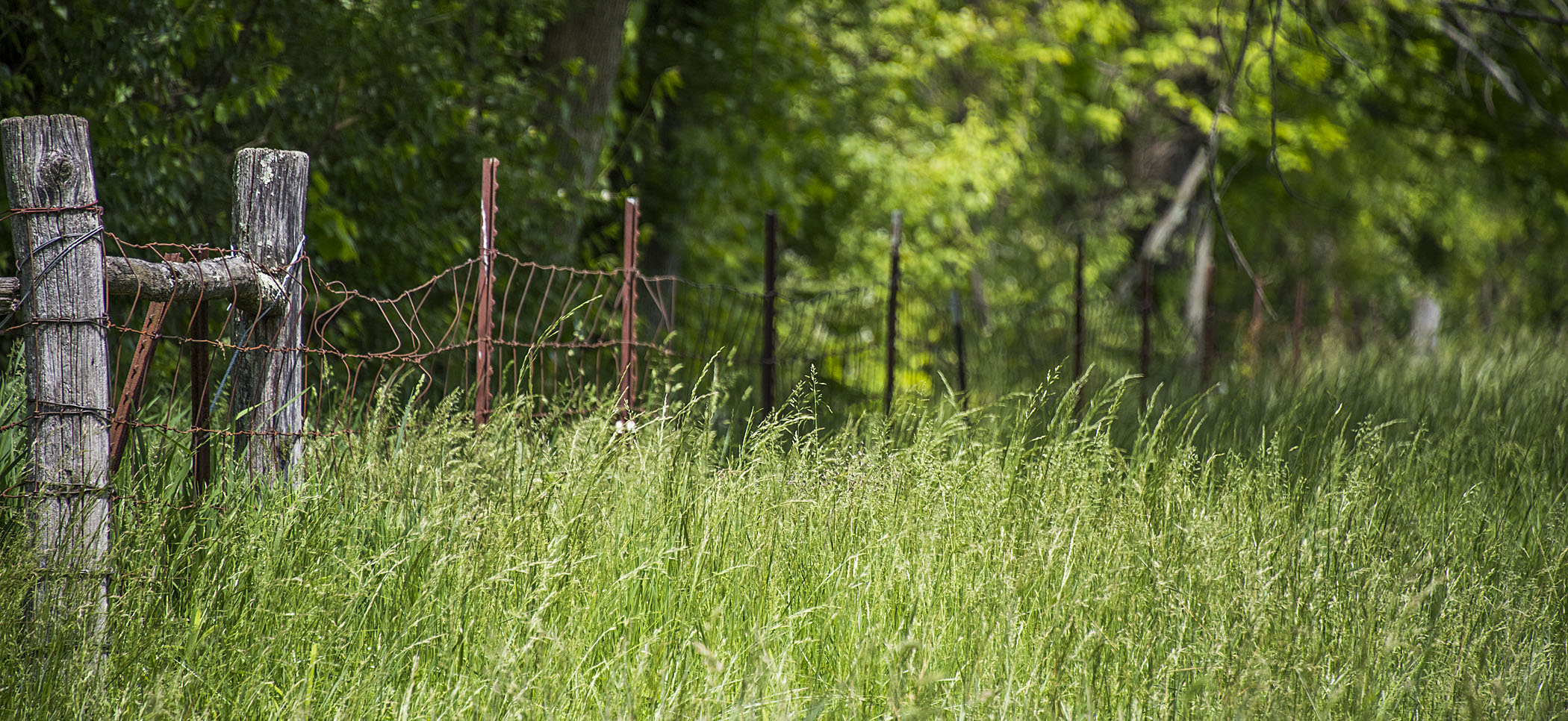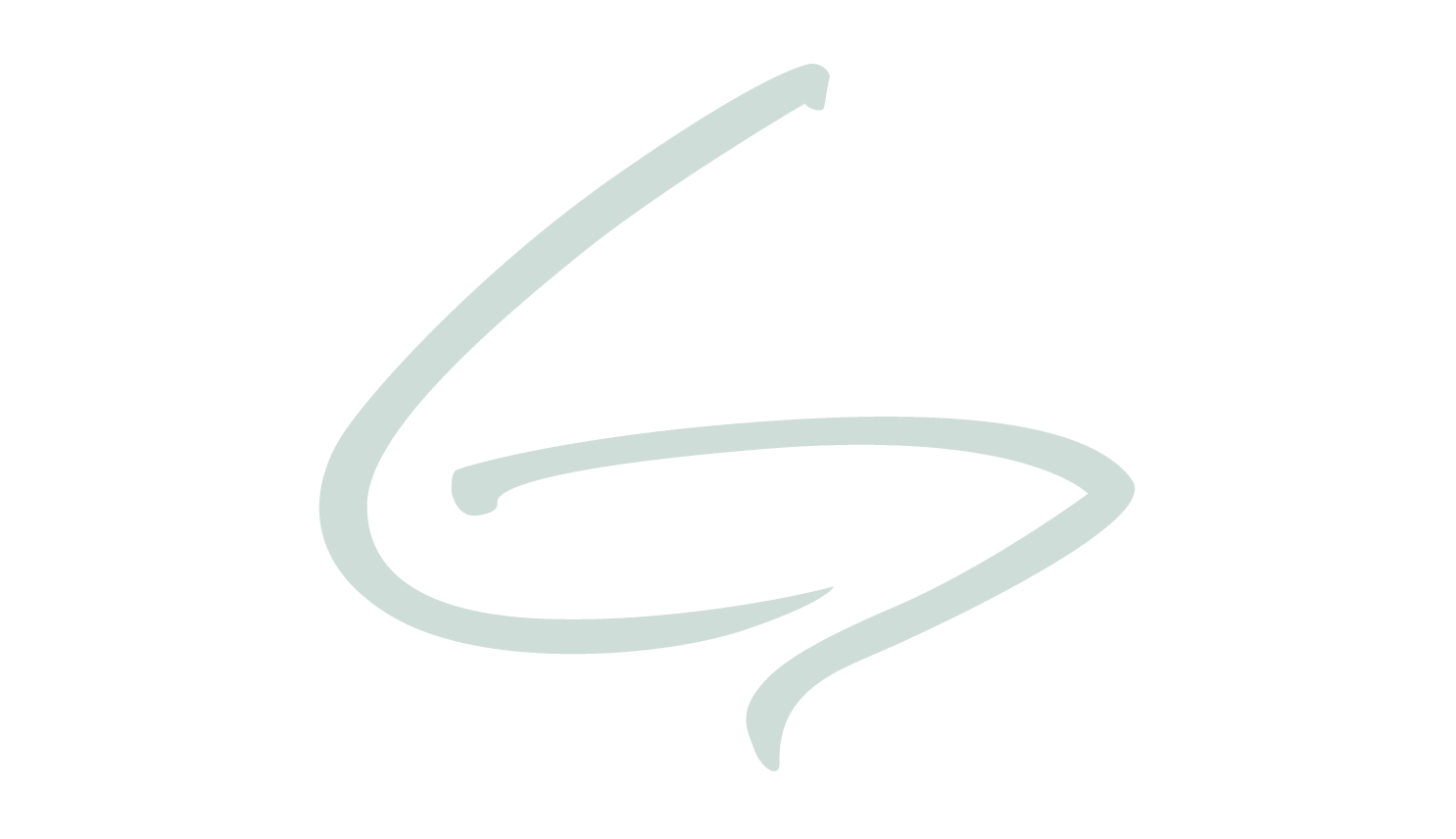Why We Mow Less

Why We Mow Less
Tall Grass is Good Stewardship
Around Greenacres, you may notice some of our grasses are not mowed frequently, and can grow quite tall. While freshly cut lawns can look nice, mowing isn’t beneficial for the environment. Gas-powered mowers put emissions into the atmosphere, contributing to air pollution. Mowers also cut down native wildflowers, reducing the nectar available to pollinators. Mowers are also heavy machines that compact the soil. By mowing less, we practice good stewardship by supporting our ecosystems and native plants.
Rather than over-using fuel-powered mowers, we can also let our cattle, sheep, and horses graze and maintain our landscaping naturally. Greenacres livestock manager, Leevi Stump, informs us, “It is an extensive process managing all of the sections of property we graze. The livestock are our ‘mowers’ and their impact is great as their hooves return any decaying material to the Earth where insects and soil microbes can utilize it. Grass’ main purpose is to reproduce, and as it matures and seeds out, it loses its nutritional value. Grazing encourages regrowth and root development and lengthens the time the plant is in a vegetative state, allowing the grasses to capture as much solar energy as possible leading to improved soil and animal health.”.
“It is an extensive process managing all of the sections of property we graze. The livestock are our ‘mowers’ and their impact is great as their hooves return any decaying material to the Earth where insects and soil microbes can utilize it. Grass’ main purpose is to reproduce, and as it matures and seeds out, it loses its nutritional value. Grazing encourages regrowth and root development and lengthens the time the plant is in a vegetative state, allowing the grasses to capture as much solar energy as possible leading to improved soil and animal health.”
Leevi Stump, Livestock Manager
Our local pollinator and bird populations benefit when we mow less, by preserving their food sources and habitats. These animals and insects are essential components of our ecosystems and in our garden production. Native birds and some native insects use organic materials like grasses to build their homes. So, the less we mow, the better it is for our pollinator and bird communities.
Mowing can also have a harsh effect on the ground below. Heavy machinery continually compacts the soil, making it difficult for healthy root growth. When we allow the land to rest by mowing less often, roots are able to grow deeper into the soil. With longer and stronger roots, water can penetrate deeper into the root zone, making the plants less susceptible to heat stress and more drought resistant.
You can mow less, too!
Even if you don’t have livestock on your property, you can mow less often and still see environmental benefits! Try setting aside a portion of what you typically mow, and let it grow tall, mowing about once a year. Take note of any new flora or fauna you observe throughout the seasons! You can even sow seeds of native plants to increase the biodiversity of your plot. You’ll spend less time mowing, while also lowering your carbon footprint.
If you have any questions about our land management practices, please don’t hesitate to contact us.

